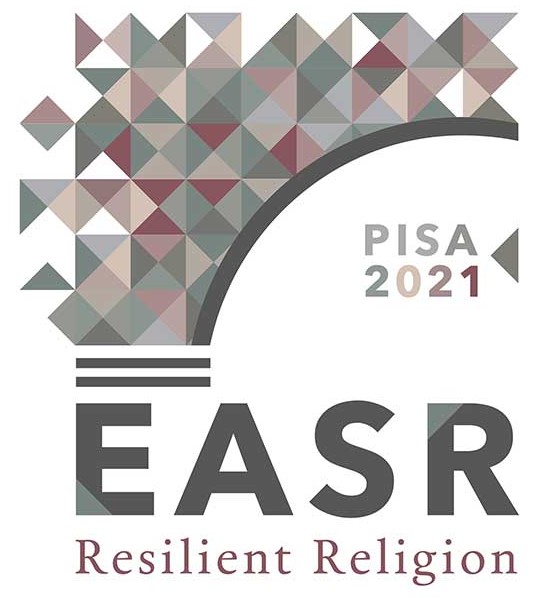
Miguel Herrero de Jáuregui
is Associate Professor of Classics at Universidad Complutense de Madrid, PhD in Classics (Madrid 2005) and History of Religions (Bologna 2008). His fields of research are ancient Greek literature, religion and philosophy, and their reception in early Christianity and modern scholarship. He is the author, among other studies, of Orphism and Christianity in Late Antiquity (2010), Política de Aristóteles de Juan Ginés de Sepúlveda (2013), and [Focílides de Mileto]: Sentencias (2018); and co-editor of the collective volumes Tracing Orpheus (2011), Redefining Dionysos (2013), and Les dieux d’Homère II : Anthropomorphismes (2019).
“May the god(s) save us: concepts and narratives of salvation in Antiquity”.
Salvation is a term that, in most modern European languages, is frequently linked to the religious sphere, and most often associated with the afterlife. Such meanings were firmly established in Late Antiquity with the triumph of two all-encompassing narratives, the Imperial “Salus ideology” and Christian soteriology, and lasted intact for many centuries. However, in Greek and Roman antiquity there were many different ways of envisaging salvation of both individuals and social groups, and it raised various theoretical and practical issues: for example, whether it depended on the gods (and on which gods) or on men; or whether it was a particular saving act from a specific threat or it could point to a permanent salvation. This lecture will review the various concepts and narratives of salvation in Antiquity in order to revive the complex richness of ancient texts referring to it. Literary and epigraphical evidence shows nuanced and variegated values of “saving” and “salvation” in religious contexts, and point to possible ways of reconsidering the range of meanings of these concepts, which are fundamental in any inquiry about resilient religion.
